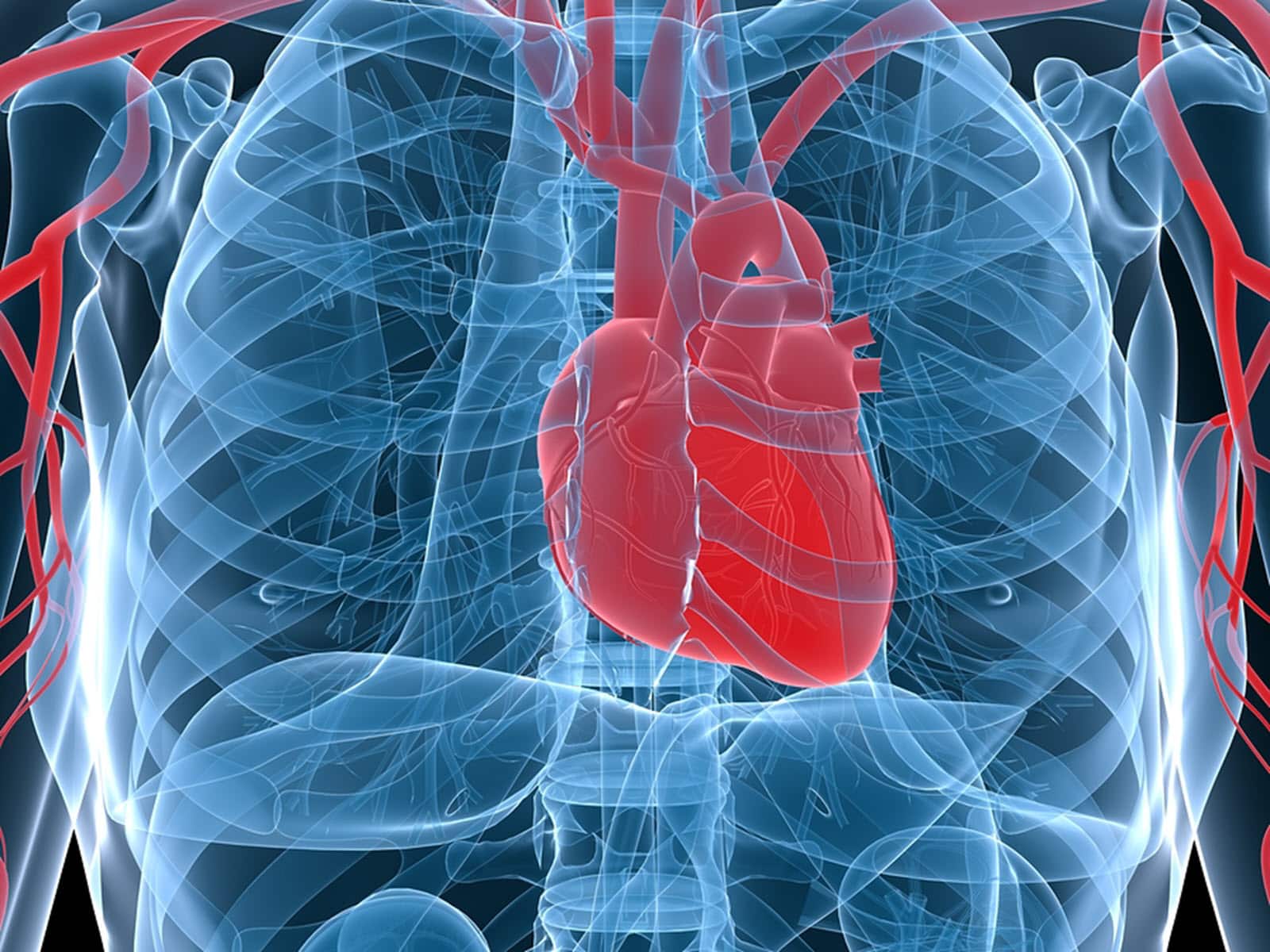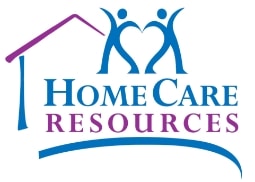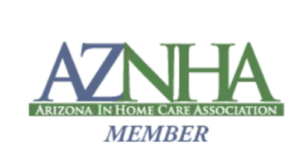Albert felt a sudden pain in his chest and was having trouble catching his breath.
His son, Kurt, called 911 and the 72-year-old man was rushed to the hospital. Kurt waited nervously in the office while doctors conducted several tests. When one of them came out to speak to Kurt, he was relieved to hear that his father had not had a heart attack. He called what Albert experienced “acute coronary syndrome.” At the time, Kurt had no idea what that meant or how it would impact Albert’s health in the future. He felt confused and uncertain of what to do until he learned more about what the condition was and what symptoms to look for in the future.

General Information About Acute Coronary Syndrome
Doctors use the term acute coronary syndrome to describe several different conditions that involve a sudden reduction of blood to the heart. The term encompasses diseases like heart attack and angina. It should be treated as an emergency because it can severely damage the heart or even lead to death.
Acute coronary syndrome usually happens because of plaque building upon the walls of the arteries that bring oxygen-rich blood to the heart as well as the nutrients it needs to work properly. The plaques on the walls can break, which makes a blood clot form. The clot impedes blood flow. The blockage may or may not lead to tissues in the heart dying. But, even when cells don’t die, the lack of oxygen can make heart muscles not work as well as they should.
Symptoms to Watch For
Pain in the chest is the most commonly recognized symptom of acute coronary syndrome. Sometimes people don’t recognize it as pain, but rather discomfort. It may also be a tightening or squeezing sensation. Other symptoms that may occur are:
Pain in the chest that spreads into the shoulders, arms, top of the abdomen, neck, back, or jaw.
- Nausea.
- Vomiting.
- Indigestion.
- Feeling short of breath.
- Sweating that comes on quickly and is quite heavy.
- Feeling lightheaded or dizzy.
- Fatigue.
- A restless and anxious feeling.
If you notice these symptoms in your aging relative, call 911 immediately.
Elderly care can help older adults who have experienced acute coronary syndrome. An elderly care provider can encourage them to follow the treatment plan suggested by the doctor by reminding them to take medications. Elderly care providers can also prepare balanced meals that support heart health. And, elderly care providers can increase physical activity in your senior relative by getting them to walk around more, monitoring them while they exercise so they feel safe, or driving them to an exercise facility.
If you or an aging loved-one are considering hiring Home Care Services in Buckeye, AZ, please contact the caring staff at Home Care Resources at (602) 443-4700
Sources
https://www.medicalnewstoday.com
- Six Warning Signs of Diabetes to Watch for in Seniors with Dementia - May 19, 2025
- Understanding Chronic Conditions in Seniors: The Importance of Support - May 9, 2025
- Helping Your Elderly Loved One Maintain Healthy Vision - April 24, 2025




